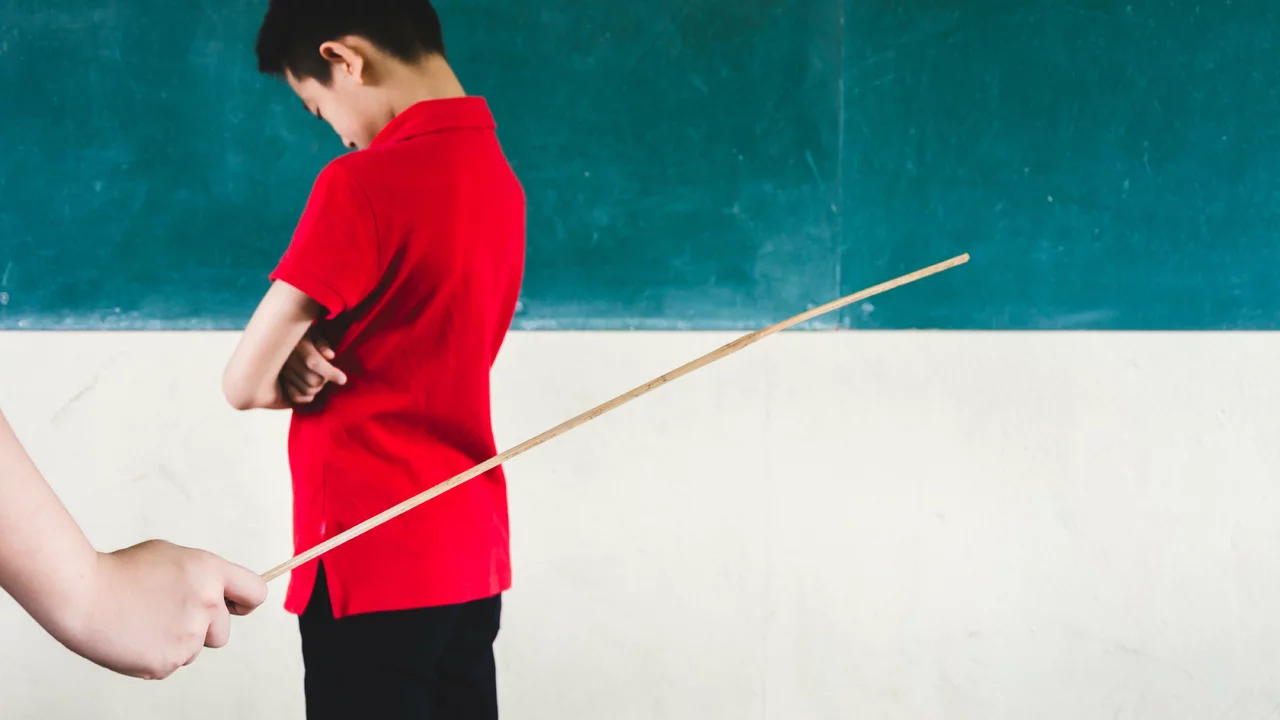
Defining Punishment Implementations
I've always been a believer in appropriate and responsive parenting, and in this light, I've had my fair share of interactions with what is commonly known as 'punishment implements'. Now, before you race to conclusions about violence or cruelty, let me clarify - 'punishment implements' for me don't involve anything physical, my personal favourites have always been shaped around communication, learning, and growth.
For example, take a situation where your child hasn't done their school assignment. In such a scenario, I usually implement a system called 'Natural Consequences' - not being able to go out for a play until the assignment is done. Remember, this discussion isn't about causing discomfort to children but making them understand the ramification of their actions in a gentle yet firm way.
Making Use of "Time-outs"
The concept of 'Time-outs' is one of my favourite punishment implements. It involves temporarily separating a child from an environment where inappropriate behaviour has taken place. Now don't think for a moment, that this is some sort of solitary confinement exercise. No, it isn't. When my son Felix once threw a tantrum in the middle of a birthday party over a game, it was critical to let him know that it was not acceptable.
Time-outs are not designed to make kids feel abandoned or rejected. Instead, it's a time for them (and let's face it, sometimes us parents too) to cool down, reflect on the incident, and understand that every behaviour has consequences.
Understanding the 'Distract and Divert' Theory
Another favourite punishment implement of mine is the 'Distract and Divert' Theory, especially effective for younger kids like my daughter Matilda. Imagine this scenario - Matilda is keen on acquiring Baxter's chew toy, the English Bulldog is not too chuffed about it and I can foresee a meltdown situation exploding any minute. What do I do in such cases?
Well, the goal is diverting her attention to something else equally fascinating. While some may argue whether it counts as a punishment, I believe it's a subtle way of teaching our kids that we can't always have everything we want and it's essential to respect others' belongings.
Positive Reinforcement – A Unique 'Punishment'
How can a 'punishment implement' be positive? It sounds rather paradoxical, right? However, in my parenting manual, 'Positive Reinforcement' is indeed a 'punishment' – a rather unconventional and constructive one.
When Felix finally comes around to feeding Ziggy, our Siamese cat, I make it a point to appreciate his initiative. Granted, this task was his responsibility from the beginning; nevertheless, positive reinforcement here works as a 'punishment' for his previous avoidance of duty. However, not only does this increase his chances of repeating the good behaviour, but it also creates a positive atmosphere.
The Art of Creating a 'Behavior Contract'
Another useful, albeit rarely used, punishment implement is a 'Behavior Contract.' I've used this tool on a few occasions with my children, primarily when they've consistently violated a certain rule. Essentially, it involves mutual agreement between us about the consequences of breaking certain rules.
A behavior contract makes the implementation of consequences predictable, allowing kids to understand the cause-effect relationship between their actions and consequences. But remember, the key here is consistency. Once you establish this contract, make sure to stick to it.
Punishments or Life Lessons?
Essentially, the term 'punishment' might not be entirely accurate to describe these techniques. It implies suffering or retribution, whereas these methods are genuinely about teaching and learning. It's more about providing kids an understanding of respecting boundaries, exhibiting responsibility, and comprehending the consequences of their choices. They can be hard at times but remember, we're trying to shape responsible future adults here!
So then, which of these punishment implements are effective? Experience has taught me that it's a sliding scale and it varies from child to child and from situation to situation. What's imperative is the intent behind it - Utilising these methods to guide our kids, helping them grow into responsible individuals while also nurturing a loving relationship with them. Trust me on this, punishments that revolve around communication and understanding, they have a lasting impression!
Aug, 2 2023